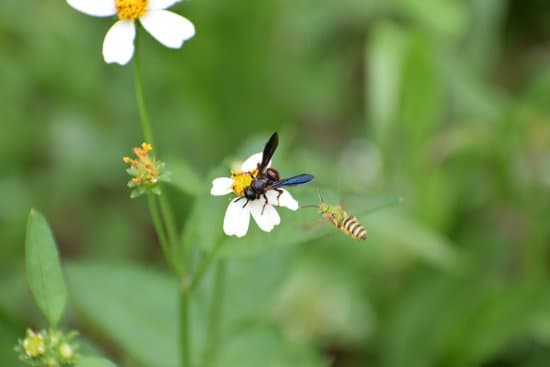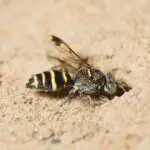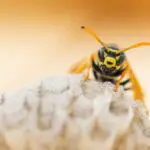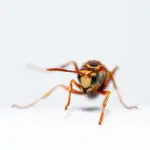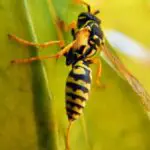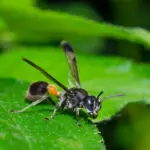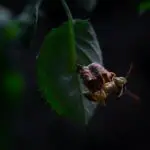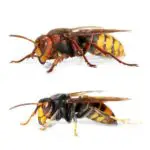Wasps Can Be Trained to Detect Diseases
Previously, scientists have trained wasps to distinguish between different stimuli. They also used the wasps’ olfactory senses to detect certain odors. This technique has been applied to detect fungal diseases on crops. Scientists have also trained wasps to detect toxic fungi and explosive materials.
These insects have the potential to be trained to detect a wide range of diseases and other medical conditions. Biological engineers at the University of Georgia have developed a portable device called Wasp Hound. This device contains five trained wasps and a small camera connected to a computer. It can detect the target odor and then signal an alarm.
The Wasp Hound can detect several odors, including a substance produced by toxic fungi. It could also be used to detect the presence of cancer and explosive materials. The Wasp Hound is designed to be inexpensive.
Scientists believe that the Wasp Hound is more accurate than sophisticated chemical detection techniques. The device can detect the odor of 2-dinitrotoluene, a chemical used in certain explosives. It could also be used to detect the odors of human diseases and disasters.
Another potential application is the detection of diseases, including cancer, diabetes, and pregnancy. The wasps are trained to detect certain odors, and react when they are fed. The Wasp Hound could also be used to detect bodies buried in rubble. This technique is described in a study to be published in the journal Biotechnology Progress.
Scientists have been working with parasitic wasps for decades. The wasps are predatory insects, and they have a very powerful olfactory sense. They also lay eggs inside other larvae.
